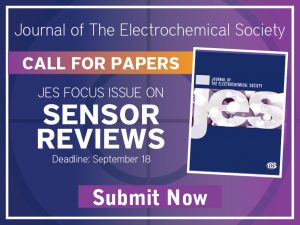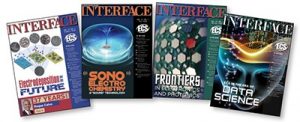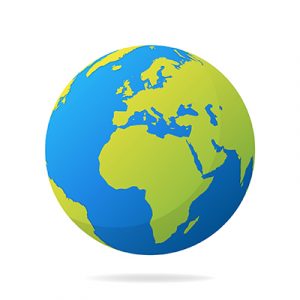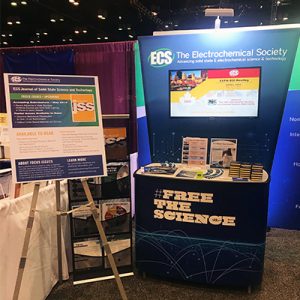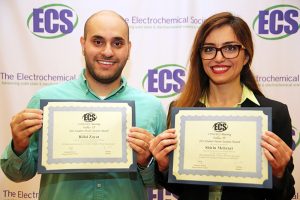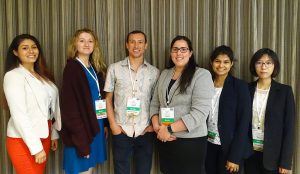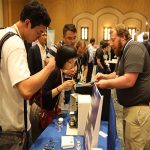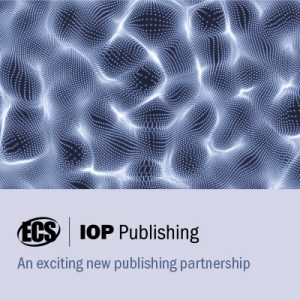 The Electrochemical Society has some exciting news! ECS has selected IOP Publishing (IOPP) as its journals publishing partner.
The Electrochemical Society has some exciting news! ECS has selected IOP Publishing (IOPP) as its journals publishing partner.
Starting in 2020, IOPP will partner with ECS in the publication of the Journal of the Electrochemical Society and the ECS Journal of Solid State Science and Technology and the hosting of ECS Transactions, ECS Meeting Abstracts, and Interface as well as the hosting of the archives for ECS’s retired publications—ECS Electrochemistry Letters, ECS Solid State Letters, Electrochemical and Solid State Letters, and ECS Proceedings Volumes.
Christopher Jannuzzi, executive director and CEO of ECS, said: “ECS has a 117+ year reputation for creating outstanding, peer-reviewed periodicals, conference proceedings, and magazines. We have a long-standing commitment to ensure the technical quality of the works published, as well as the integrity and validity of the peer review our community provides. (more…)


